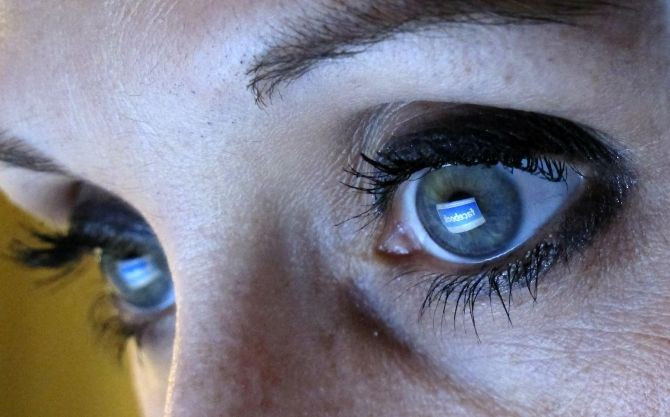Internet Addiction Is a Fact of Life and Women Are More Prone to It

Researchers have found that Internet addiction is caused by a mutation in some people just like addiction to nicotine.
"It was shown that Internet addiction is not a figment of our imagination. Researchers and therapists are increasingly closing in on it," said Dr. Christian Montag from the Department for Differential and Biological Psychology at the University of Bonn.
For the study 843 people were interviewed about their Internet habits. Researchers from the University of Bonn and the Central Institute of Mental Health in Mannheim found that about 132 men and women who had addiction-like behavior; such as thinking about Internet all day and feeling that their lives would be severely affected if they didn't have access to the Internet.
Researchers found that many of these 132 people were carriers of a genetic mutation similar to the one that plays an important role in nicotine addiction.
"What we already know about the nicotinic acetylcholine receptor in the brain is that a mutation on the related gene promotes addictive behavior," said Montag.
Nicotine, like acetylcholine, fits into a receptor in the brain that controls the reward system. "It seems that this connection is not only essential for nicotine addiction, but also for Internet addiction," said Montag.
Researchers found that the genetic mutation occurred on the CHRNA4 gene that changed the genetic shape of nicotinic acetylcholine receptor in the brain.
Researchers also found that women were more likely to be addicted to Internet than men. "Within the group of subjects exhibiting problematic Internet behavior this variant occurs more frequently - in particular, in women," says Montag.
Previous research on a small study group has shown that teenagers who are addicted to the Internet have structural changes like lower levels of gray matter density in the brain when compared to teenagers who aren't addicted to the Internet.
The placement of Internet addiction along with other types of substance addiction is a widely debated issue. Experts say that Internet addiction is a secondary outcome of an underlying cause (like these people might suffer from anxiety and so use Internet more than others).
According to an editorial in the American Journal of Psychiatry, Jarold J. Black says that there are some signs that show a person is addicted to the internet.
1) Excessive use, often associated with a loss of sense of time or a neglect of basic drives.
2) Withdrawal, including feelings of anger, tension, and/or depression when the computer is inaccessible.
3) Tolerance, including the need for better computer equipment, more software, or more hours of use.
4) Negative repercussions, including arguments, lying, poor achievement, social isolation, and fatigue.
Published by Medicaldaily.com



























